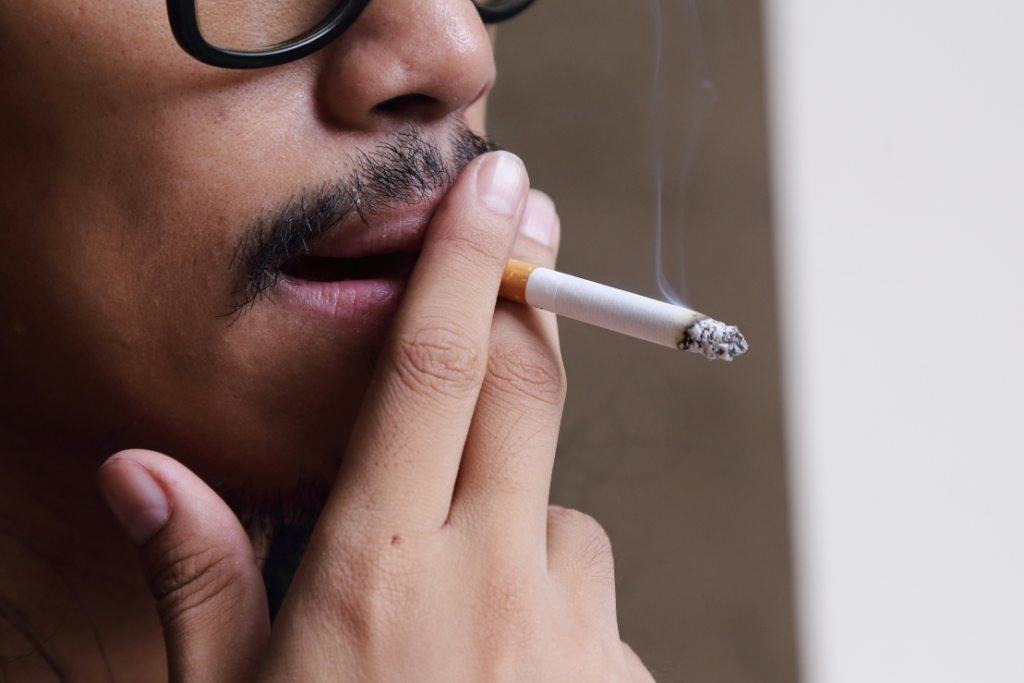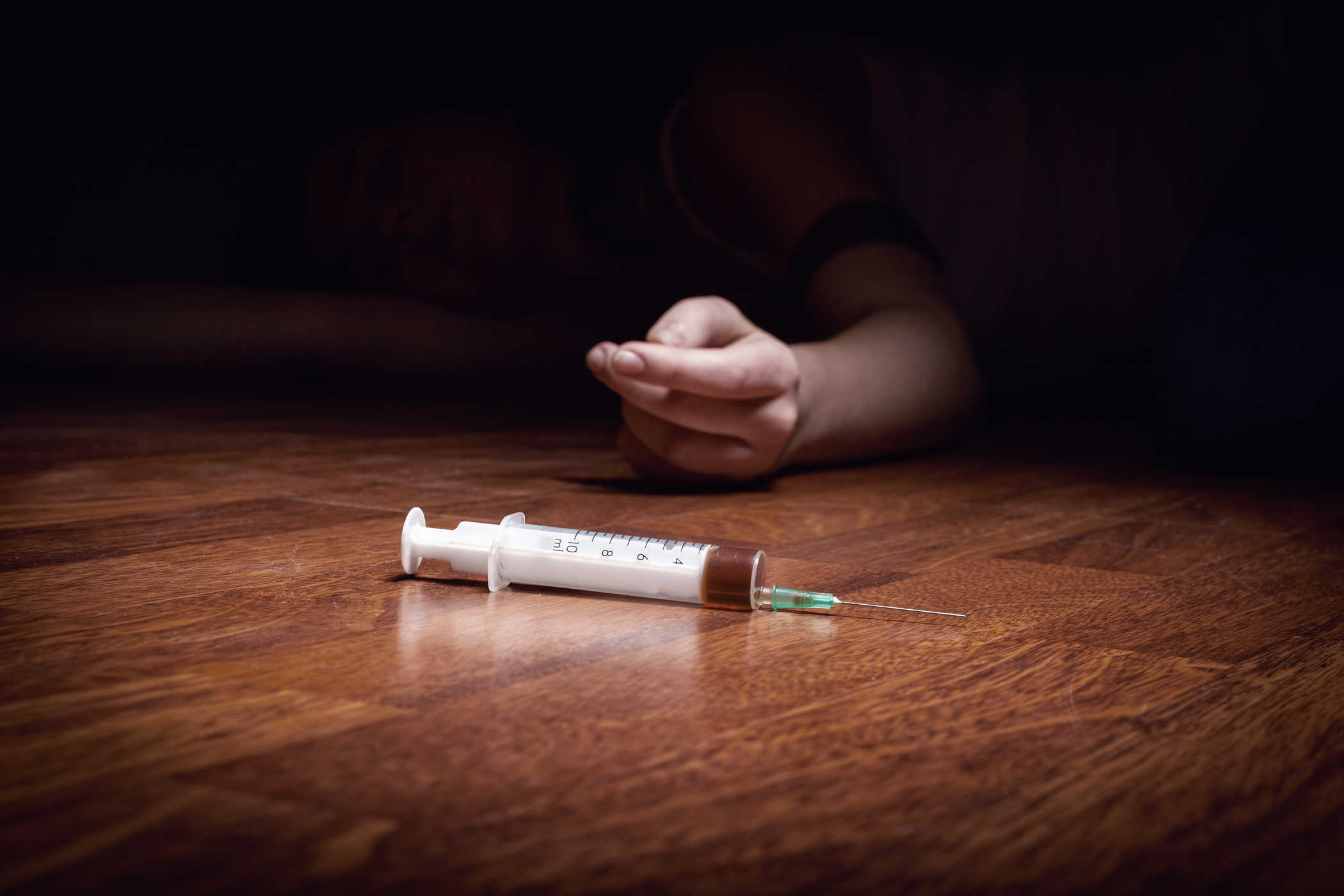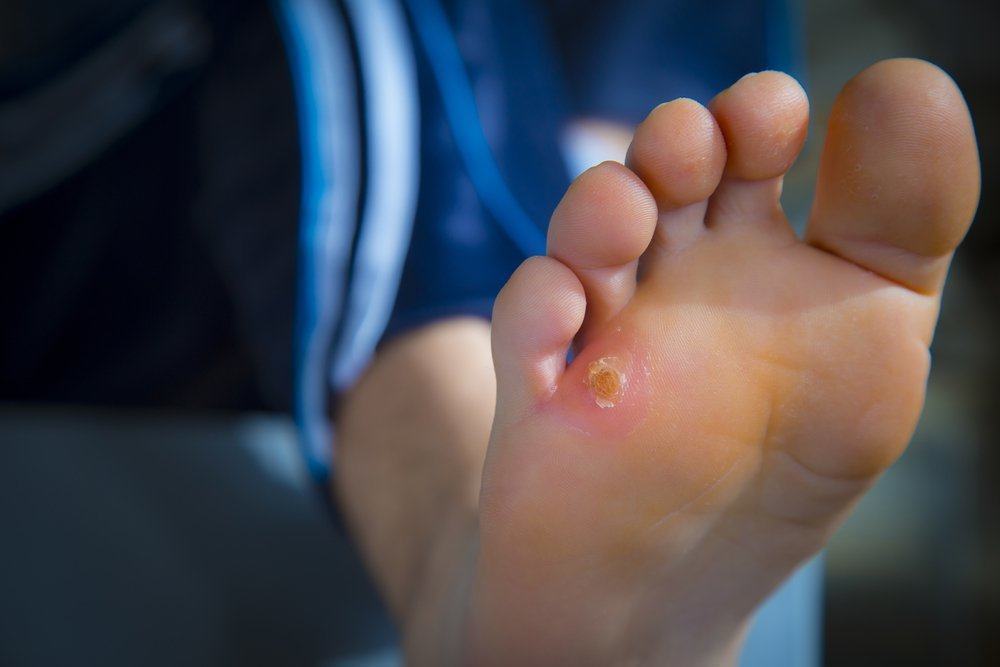Contents:
Medical Video: Healing From Sexual Abuse Can Start With One Word | Rena Romano | TEDxOcala
Sexual violence is any type of sexual contact on the basis of coercion, the threat of violence, which occurs without consent and is not desirable. Sexual violence includes rape and attempted rape, child abuse, sexual abuse, or threats. Sexual violence is a criminal offense across gender and age. This means that women, men, adults and children alike can become victims and perpetrators.
Even though it's hard to know what you have to do, what you have to feel, or what your choices of action are after acts of sexual violence, know that you are not alone.
Reporting from BBC, The National Commission on Violence Against Women (Komnas Perempuan) noted that in 2015 there were 321.752 cases of violence against women - meaning around 881 cases every day. Meanwhile, quote Compass, taking data from 2012 from Ahmad Dahlan University, Yogyakarta, thirty percent of men in Indonesia have also been sexually abused in their lives.
This article provides comprehensive information and advice to help you make the right decisions and get the support you need.
The first must be done after experiencing sexual violence
1. Ensure personal safety
If you are a victim, immediately go to a safe place. If you feel insecure, consider contacting someone you trust to provide assistance. Similarly, if you witness victims of sexual violence. Take him away to a safe place, don't leave him alone, and offer to contact someone he can trust.
After experiencing sexual violence, you may feel fear, shame, guilt, or shock. All this is normal. It might be scary to try to be open with others about the acts of violence, but it is important to get help immediately.
2. Contact the police
Contact the police immediately (110) if:
- You or the victim is seriously injured
- You feel or see there are still signs of danger from the perpetrator. Reporting the crime will help you regain a sense of strength and self-control
- The victim was unconscious
Other emergency hotlines that you can contact:
- Emergency Services: 119
- Ambulance: 118
3. Don't bathe or cleanse the body
No matter how hard you want to cleanse your body, it is important not to comb, brush your body, rinse, wash your vagina or douche, brush your teeth, or take a shower in the next 24 hours after experiencing a crime.
Don't change clothes and eat, if possible. Or keep clothes, pants, and underwear that you use when you experience sexual violence in a paper wrap or separate newspaper for each garment, not a plastic bag.
All of this is important to keep body fluid residues or traces of the DNA of the person who might be attached, to make it easier for the police to process your case.
Do not also clean or touch anything on the scene (if acts of violence occur in places that you are familiar with, such as bedrooms, houses).
4. If possible, immediately visit the nearest emergency room hospital
Even if you don't experience another physical injury that is worrying, or you don't feel sure to report the case to the police, you still have to undergo a medical examination and discuss with the team of doctors about the health risks of exposure to venereal disease and possible pregnancy from acts of sexual violence.
You can be given medicine to prevent transmission of HIV and other infectious venereal diseases, and get emergency contraception to prevent pregnancy. Having a medical examination is also a way for you to keep physical evidence of the action.
If you feel you have been sedated or forced to drink alcohol and drugs, talk to the hospital staff to run a urine, drug, and poison test.
Doctors and health care professionals will handle all your medical needs in secret, and they will not contact the police without your permission. However, the doctor will still record each test result and include it in your medical record.
5. Record all details
For the sake of the police, process your case - or even just in case, if you are not sure to report it - note down all the details that you remember about the situation before and during the violence, including the physical characteristics of the perpetrator.
6. Talk to other people
Contact family, relatives, or close friends who you can trust to support and accompany you throughout the entire process of handling acts of sexual violence.
You can also talk to a trained counselor to deal with victims of sexual crime. Counseling can help you learn how to deal with emotional and physical effects after experiencing trauma. You can find a counselor by contacting the hospital, local legal aid agencies, victim assistance agencies, or the nearest crisis center.
Other hotlines that you can contact:
- National Commission for Child Protection: Hotline 021-87791818 or 021-8416157
- Komnas Perempuan: 021-3925 230
- Mental Health and Suicide Prevention: 500-454
- Komnas HAM: 021-3925 230
If you have experienced sexual violence - in any form - this can be a traumatic experience. Everyone reacts differently, and your feelings tend to change from time to time. You are very likely to feel mixed emotions, such as fear, guilt, and anger. However, it is important to understand that being a victim of sexual violence is not your fault.
You can seek help as soon as possible after acts of sexual violence occur or the following days, monthly or annual later, but the sooner the better.
READ ALSO:
- Watch for signs of child abuse
- All about pedophilia
- The importance of sex education for children as early as possible












